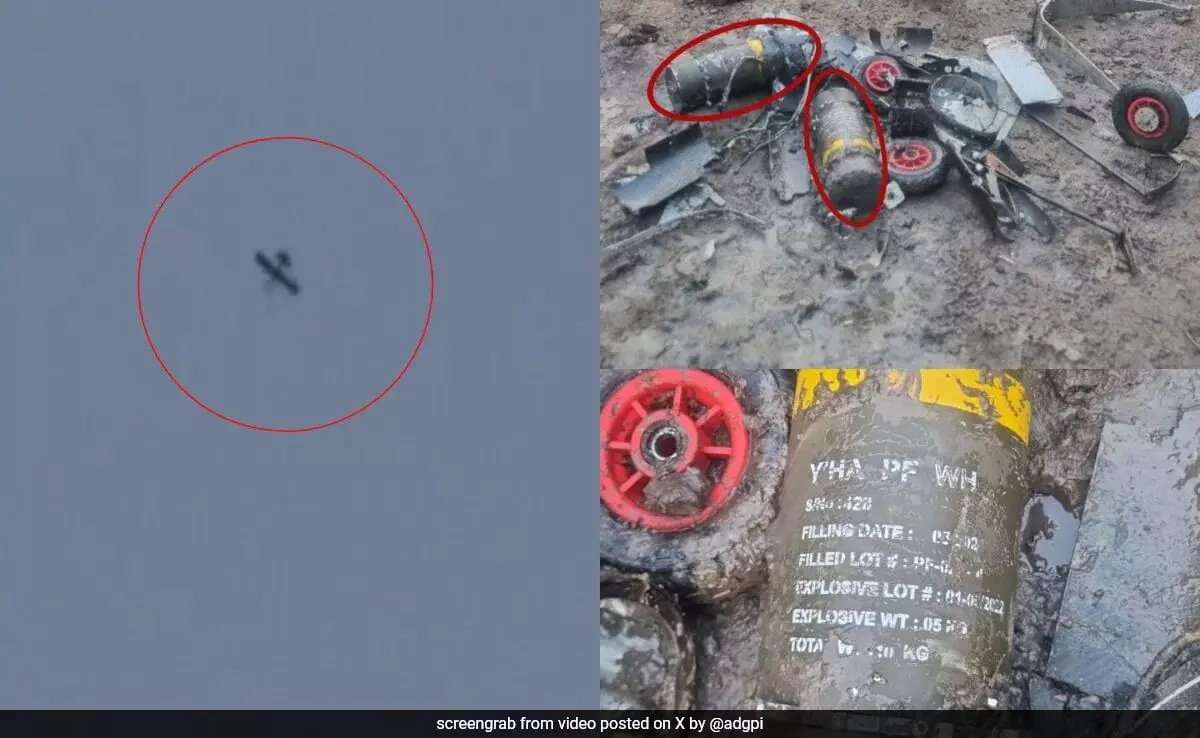Escalating Tensions: The Role of Ballistic Missiles in India-Pakistan Relations

Ballistic missiles are a significant part of modern warfare, recognized for their ability to deliver payloads over long distances with high accuracy. Among these, the Fateh-2 missile, developed by Pakistan, has been a focal point of military strategy in the region. With tensions running high between India and Pakistan, the implications of these missile systems are becoming increasingly serious.
Recent Developments in India-Pakistan Relations
The situation escalated recently when reports emerged of missile-like objects found in Sirsa, Haryana, near an Air Force station. This incident raised alarms about potential airstrikes, contributing to an atmosphere of anxiety across the northern states of India. As an Indian citizen, the thought of missile threats from across the border is deeply concerning. It underscores the need for vigilance and preparedness in safeguarding our airspace.
Amidst these developments, the threat of a potential attack on Delhi looms large. Pakistani military activities, including drone strikes targeting military installations, have heightened fears of a ballistic missile strike on major urban centers. The recent air raid alerts in areas surrounding Delhi serve as a stark reminder of the volatility in the region. The Indian Army's response, including Operation Sindoor, aims to neutralize these threats before they escalate further.
Operation Bunyan Al Marsous: A Response Strategy
Pakistan's military strategy has included operations like Bunyan Al Marsous, which highlights their focus on enhancing offensive capabilities. This has led to an arms race, with both nations investing heavily in missile technology. The Fateh missile program is particularly concerning, as it symbolizes Pakistan’s commitment to counter India's military advancements. Understanding these military operations is crucial for civilians, as they can often reflect the broader geopolitical dynamics at play.
The Role of Air Bases in Modern Warfare
The Udhampur air base plays a pivotal role in India's defense strategy, serving as a key installation for air operations in the region. Recent attempts by Pakistan to target Indian air bases demonstrate the importance of these facilities in maintaining national security. The Indian Air Force has been proactive in intercepting threats, but it is essential for civilians to remain informed about the potential implications of military engagements.
As the situation continues to evolve, it is vital for both nations to seek diplomatic solutions to avoid unnecessary conflict. The rhetoric surrounding missile capabilities can often escalate tensions, leading to miscalculations that could have dire consequences. Civil engagement and dialogue should be prioritized over military posturing. Only through mutual understanding and respect can we hope to pave the way for a peaceful resolution to these ongoing tensions.
